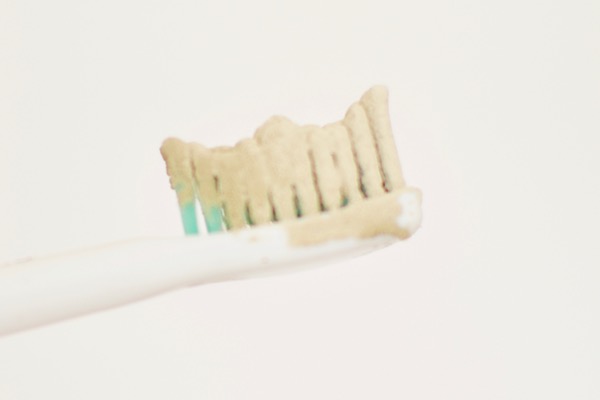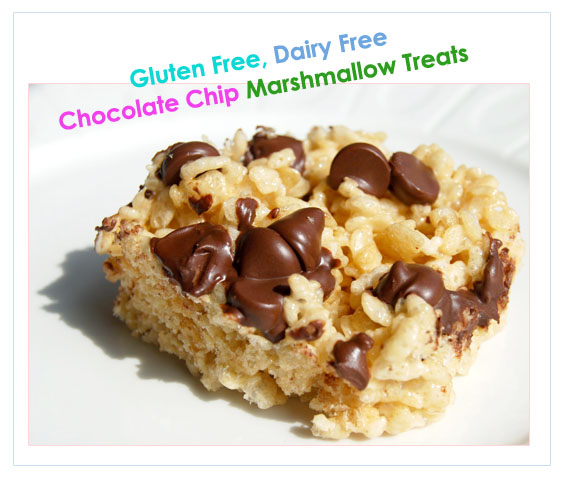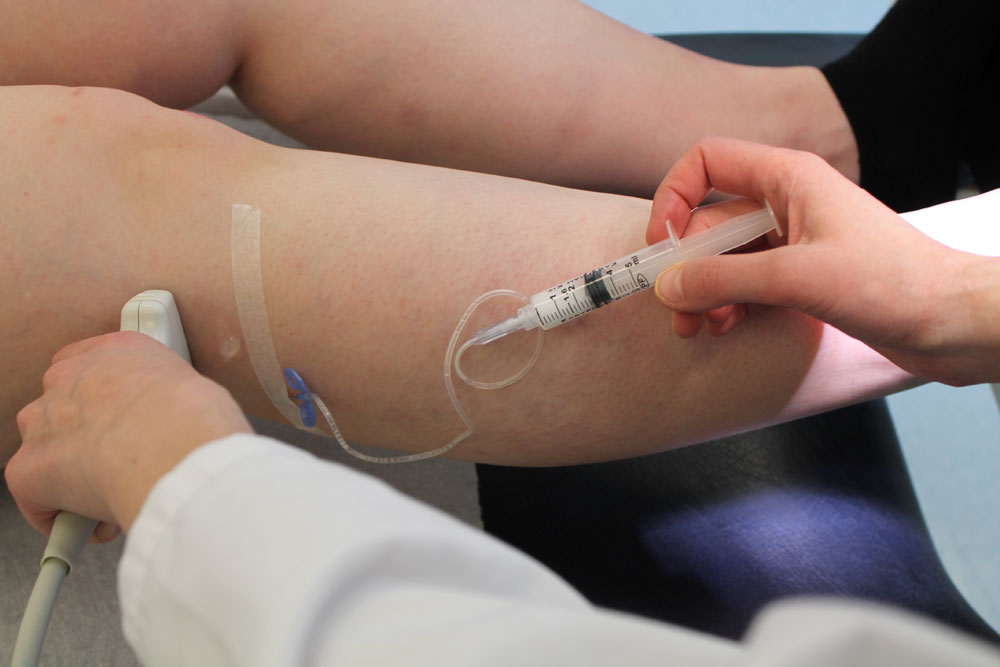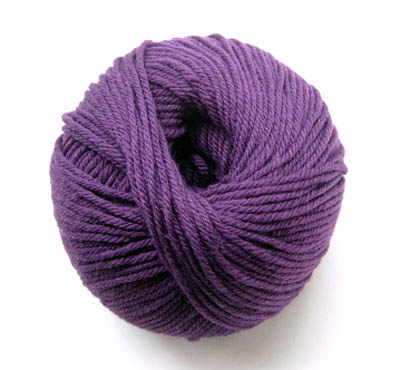Here’s why eating peanuts during pregnancy can help you out…
Peanuts are a surprisingly healthy little nut! Not only are they packed with fatty acids, but they’re rich in protein, fiber, and a wide range of minerals. Eating a small quantity of peanuts on a regular basis can seriously improve your health. (The same applies to all nuts and seeds.)
However, there is a staggering number of people who cannot eat peanuts, thanks to allergies. According to Food Allergy Research and Education, up to 15 million Americans suffer from food allergies. Eight foods contribute to 90% of those foods allergies, and peanuts are right there at the top of the list.
But what if there was a way to decrease your risk of peanut allergies? In 2015, a study discovered that eating peanuts during pregnancy may be able to help reduce your child’s risk of allergies!
The study, posted in the New England Journal of Medicine, examined 640 children, all of whom were considered “likely” to developing an allergic reaction to peanuts. Of the children participating in the study, those who consumed peanuts within the first 11 months of their lives had a SIGNIFICANTLY lower risk of peanut allergies than those who did not. 13.7% of the children who avoided peanuts during their first year of life developed peanut allergies, while only 1.9% of those who ate peanuts did.
What does this mean? Simple: exposing your child to peanuts (and other potentially allergy-causing foods) early on in life can drastically reduce their risk of allergic reactions. By the time they reach the age of 5, as the study indicates, they can stop eating the food without worrying that it will cause allergic reactions.
v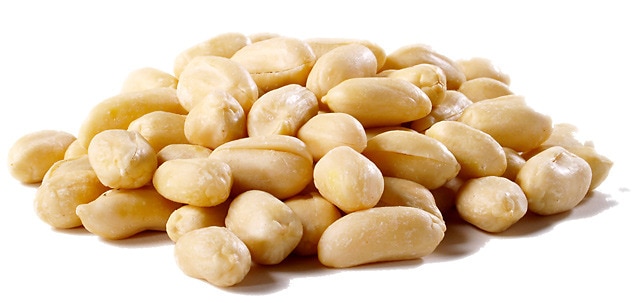
READ MORE: Do You Know What is Causing Food Allergies?
This shatters the common belief that young children need to avoid exposure to foods that may cause allergies–foods like milk, eggs, peanuts, flour, and soy. As this study proves, parents would do well to give their children potentially allergy-causing foods at a young age (between the ages of 4 and 11 months). This will increase the children’s ability to digest and metabolize the food, and will reduce the risk of allergies all throughout their lives.
But why stop there? Why only expose your children to these foods at a very young age? If you consume a lot of peanuts, milk, eggs, and other “allergy foods” during your pregnancy, you will begin the “immunization” process. Your children will have a much lower risk of developing food allergies thanks to the fact that their bodies have been exposed to these foods at a very young age. They have developed a normal tolerance to the foods, without any sign of allergy.
So let this be a lesson to all parents, now and in the future: sheltering your children may be the wrong choice! If you try to protect your kids from allergen foods, you may increase their risk of developing nasty allergic reactions to said foods. If you expose your kids to those foods at a young age–even as young as infancy or during pregnancy–you help them to develop a tolerance for those foods, essentially reducing their risk of becoming allergic to foods that are harmless to a large majority of the world’s population.
Should you eat peanuts during pregnancy? Absolutely! Not only are they very healthy for you (the mother), but they can reduce your risk of your child’s developing peanut allergies later in life. For parents who want healthy children, it’s definitely something to consider!





